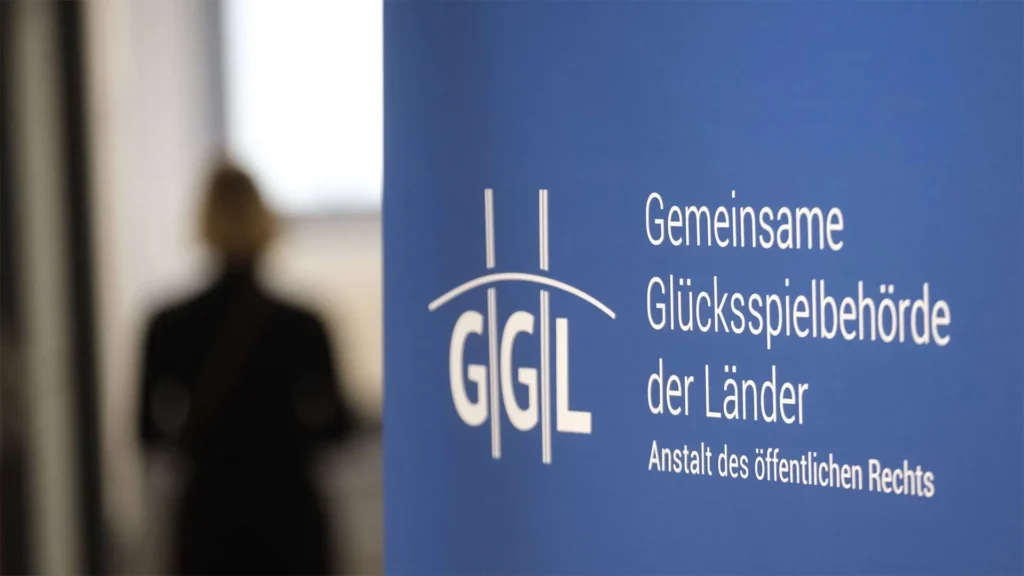
Germany’s Gambling Authority (GGL) has published a comprehensive FAQ to clarify what legally constitutes an online casino under national law. The initiative aims to address widespread confusion and ensure consumers understand the difference between legitimate offerings and misleading representations.
The clarification centers around the 2021 State Treaty on Gambling, which distinguishes between virtual table games and digital slot machines. Under this treaty, the term “online casino” applies exclusively to virtual table games such as blackjack, roulette, and baccarat.
These games fall under stricter regulations and require a state-level license to operate legally. State authorities—not the GGL—are responsible for overseeing licensing and compliance in this category.
In contrast, virtual slot machines—commonly referred to online as “online casinos”—are digital versions of traditional slot games. The GGL regulates and licenses these offerings directly. However, some unlicensed operators misuse the “online casino” label to appear legitimate and attract users.
To reduce consumer confusion, licensed slot operators are strictly prohibited from marketing their services using the term “online casino.”
Heads-up: As of late May 2025, only Schleswig-Holstein and Bavaria have issued state licenses for online casinos. This means that just five operators currently hold valid approvals for offering virtual table games in Germany.
The FAQ also warns users about the dangers of unlicensed gambling sites. These risks include rigged games, unreliable payouts, poor data protection, and even potential legal consequences for players.
The GGL advises consumers to verify gambling platforms through its official list of licensed operators, available on its website, to ensure they’re using a legal and regulated service.



